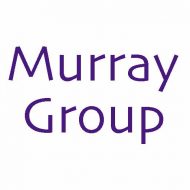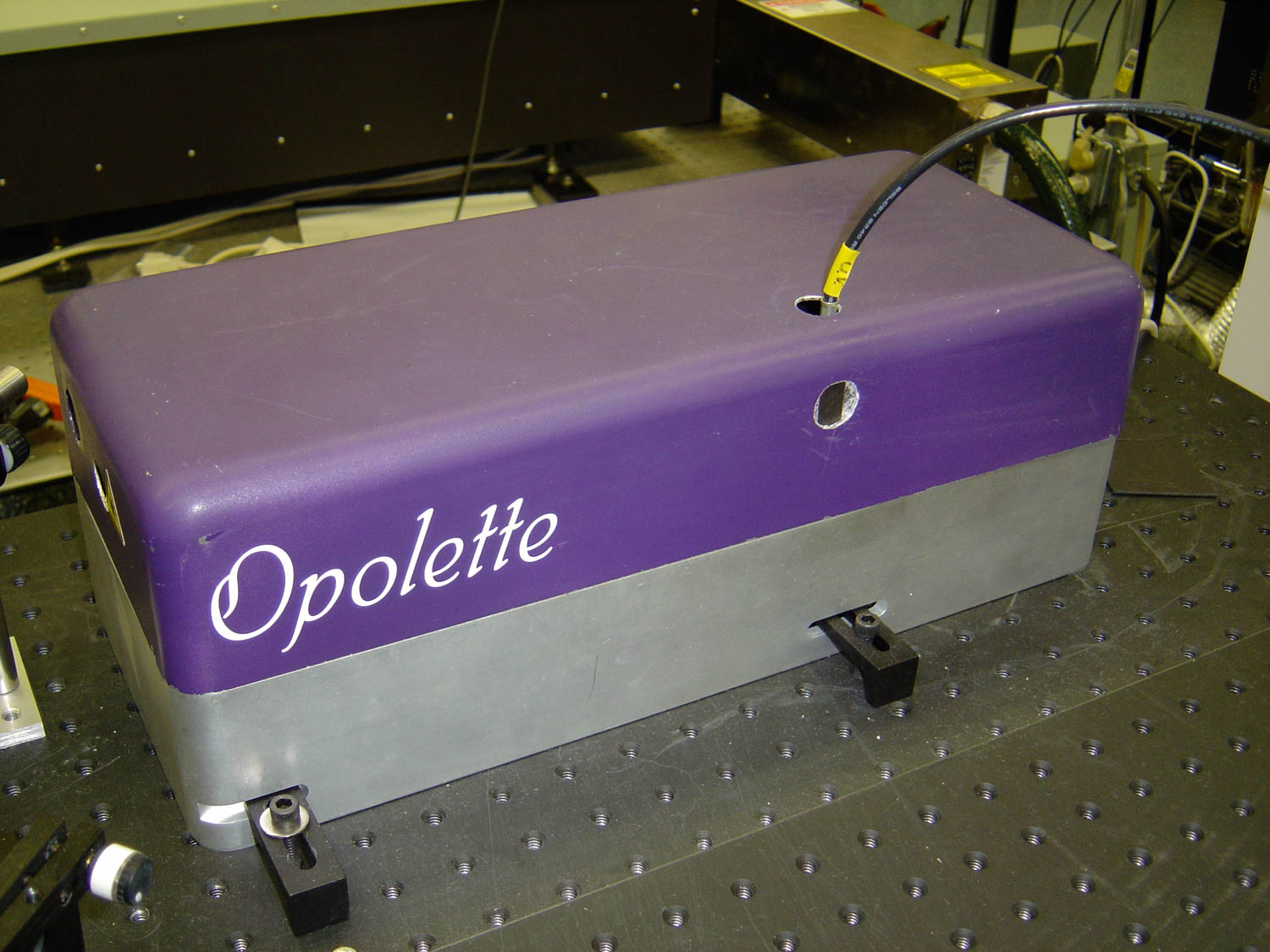National Institutes of Health
A High-Repetition-Rate IR Laser for Mass Spectrometry
- R44 RR019101
- $749,271
- Role: co-I
- 3/2006-6/2008
Abstract
The goal of this Phase II SBIR research program is to continue development of a high-repetition-rate tunable IR laser system for high-throughput and high-sensitivity IR MALDI applications. The program goals are to generate a compact prototype laser system and to demonstrate novel high repetition-rate IR-MALDI applications. The specific program tasks of the project are: Develop and test the second-generation compact high repetition-rate OPO based on a commercially available pump laser system; Demonstrate the second-generation OPO on a MALDI time-of-flight (TOF) mass spectrometer; Interface and demonstrate the second-generation OPO with an orthogonal extraction MALDI ion source hybrid quadrupole-time-of-flight mass spectrometer; and develop scanning IR MALDI and LDI mass spectrometry for spatially resolved gel and tissue analysis. Traditional MALDI has utilized low-repetition-rate laser systems, which can yield lengthy measurement times when large numbers of samples must be analyzed, or in cutting-edge scanning/mapping applications such as blot, direct gel or tissue analysis. Reducing analysis times is important for commercial high-volume laboratories in several areas including functional proteomics and drug discovery. Recent research has focused on utilizing high-repetition-rate (1 kHz) UV laser systems for both improved throughput and increased sensitivity in UV-MALDI and AP-MALDI experiments. However due to lack of suitable laser systems, there has been no research in the area of high repetition- rate IR MALDI, which has several advantages over UV MALDI including analysis of high-mass DNA and other high molecular weight biomolecules, analysis of biopolymers from gel blots or directly from cell or tissue samples, and the analysis of pharmaceuticals and other low molecular weight molecules (200 – 1500 Da). This program will address the need for a high-repetition rate mid-IR laser system for MALDI applications by developing and testing a prototype compact laser system, and demonstrating its capabilities in a number of key applications which will benefit from the increase in data collection rate and ion flux. Mass spectrometry of biological molecules is a key bioanalytical technology, and plays an important part in public health both directly as a component of clinical diagnostics and as a key tool in biochemical research, enhancing our understanding of the basic biochemical processes of proteins and genes and their interrelation among their environment. Key techniques such as MALDI mass spectrometry have provided a wealth of proteomics data which has greatly enhanced our knowledge of the various proteins and their distribution and function in living systems. The proposed work will further enhance MALDI performance by providing a high-repletion-rate IR laser capable of improving both the speed of data collection but also the quality of the data in a variety of applications.

